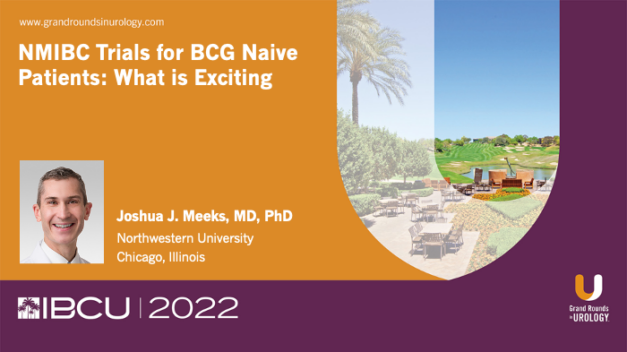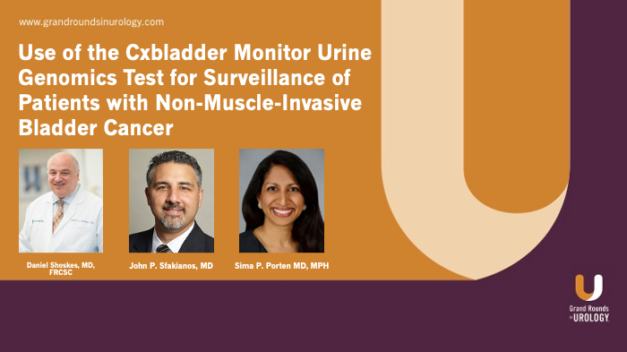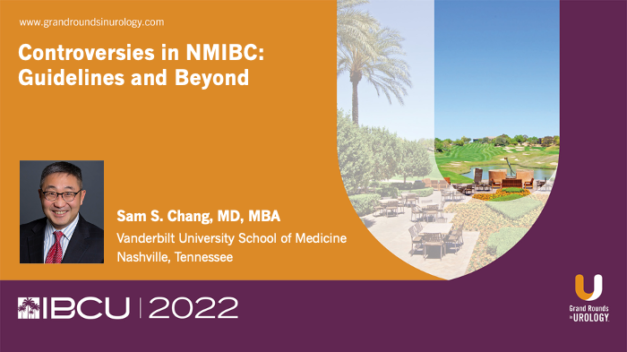Role of Circulating Tumor DNA and Adjuvant Therapy in Urothelial Carcinoma
Tyler F. Stewart, MD, discusses the groundbreaking role of circulating tumor DNA (ctDNA) in adjuvant therapy for urothelial carcinoma, highlighting its potential to revolutionize cancer treatment. ctDNA, a fragmented DNA shed by cells into the bloodstream, holds immense promise in identifying minimal residual disease and predicting patient outcomes.
Dr. Stewart emphasizes the significance of ctDNA as a biomarker and its successful application in various cancer types, including colorectal and bladder cancer. He presents studies showcasing the prognostic value of ctDNA monitoring throughout the treatment course, revealing its ability to accurately predict disease recurrence. The assay DNA methodologies, such as digital PCR and targeted capture NGS, offer remarkable sensitivity and customization to individual patients.
Dr. Stewart explores the potential of ctDNA as a predictive marker for perioperative systemic therapy, which could aid in identifying patients who would benefit most from adjuvant therapy. He highlights the positive outcomes observed in ctDNA-positive patients receiving adjuvant atezolizumab, leading to improved disease-free survival and overall survival rates.
Ongoing clinical trials, such as TOMBOLA and ImVigor011, further explore the integration of ctDNA as an essential biomarker in the management of muscle invasive bladder cancer. The extensive research on ultrasensitive ctDNA assays, novel ctDNA assays, and the use of urinary biomarkers for disease monitoring adds to the growing body of evidence supporting the clinical utility of ctDNA in cancer care.
Read More












